Daniel Ellsberg Week
The legendary whistleblower is now “living under a deadline.”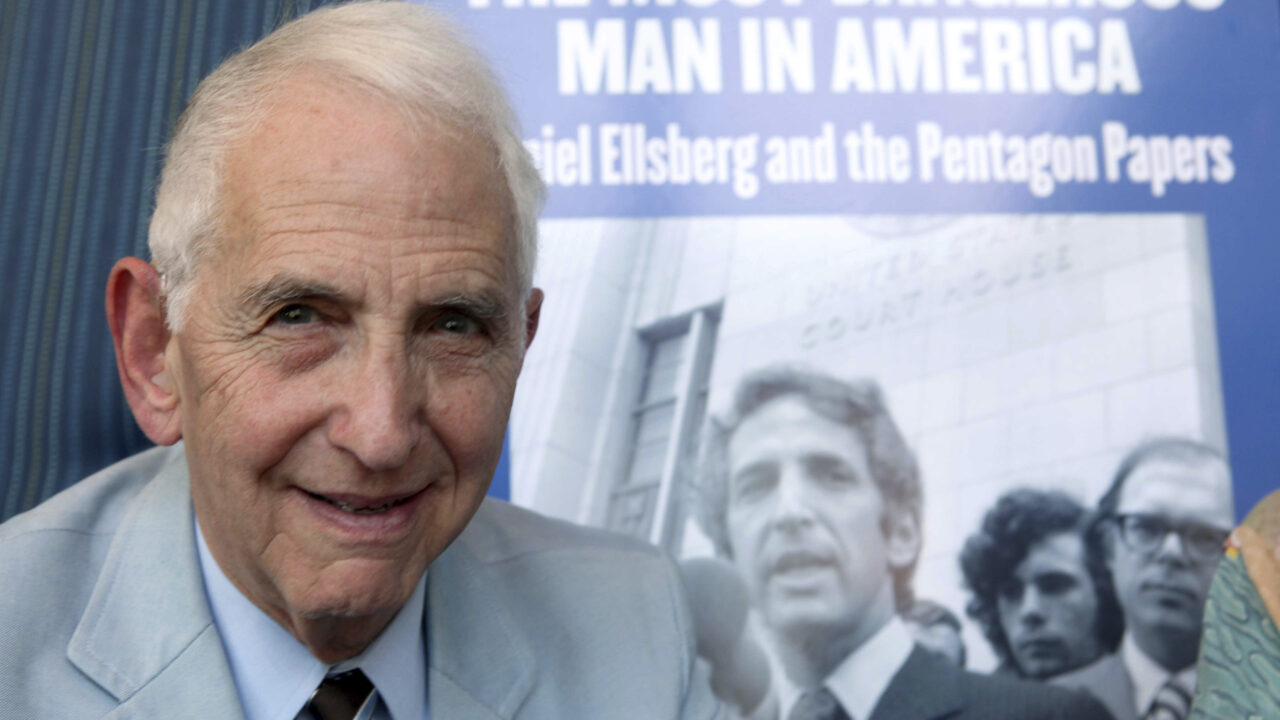 Daniel Ellsberg speaks during an interview in Los Angeles on Sept. 23, 2009. AP Photo / Nick Ut
Daniel Ellsberg speaks during an interview in Los Angeles on Sept. 23, 2009. AP Photo / Nick Ut
Daniel Ellsberg, the whistleblower who in 1971 released the Pentagon Papers and pulled back the curtain on the U.S. government’s systemic lies about the Vietnam War, is being celebrated this week. On March 2, Ellsberg wrote a public letter disclosing his diagnosis of inoperable pancreatic cancer, with a prognosis that he has only three to six months to live. “As I just told my son Robert: he’s long known (as my editor) that I work better under a deadline. It turns out that I live better under a deadline!”
Co-sponsored by The Ellsberg Initiative for Peace and Democracy & The RootsAction Education Fund, the purpose of the commemoration is
to celebrate the life’s work of Daniel Ellsberg, to take action in support of whistleblowers and peacemakers, and to call on state and local governments around the country to honor the spirit of difficult truth-telling with a commemorative week from April 24–30.
Daniel Ellsberg became a whistleblower by giving the 7,000-page Pentagon Papers to the Senate Foreign Relations Committee, The New York Times, The Washington Post and 17 other newspapers. Ellsberg’s subsequent trial on 12 felony counts, posing a possible sentence of 115 years, was dismissed in 1973 on grounds of governmental misconduct against him, leading to the convictions of several White House aides and figuring in the impeachment proceedings against President Nixon. Since the end of the Vietnam War, Ellsberg has been a lecturer, scholar, writer and activist on the dangers of the nuclear era, wrongful U.S. interventions and the urgent need for principled whistleblowing.
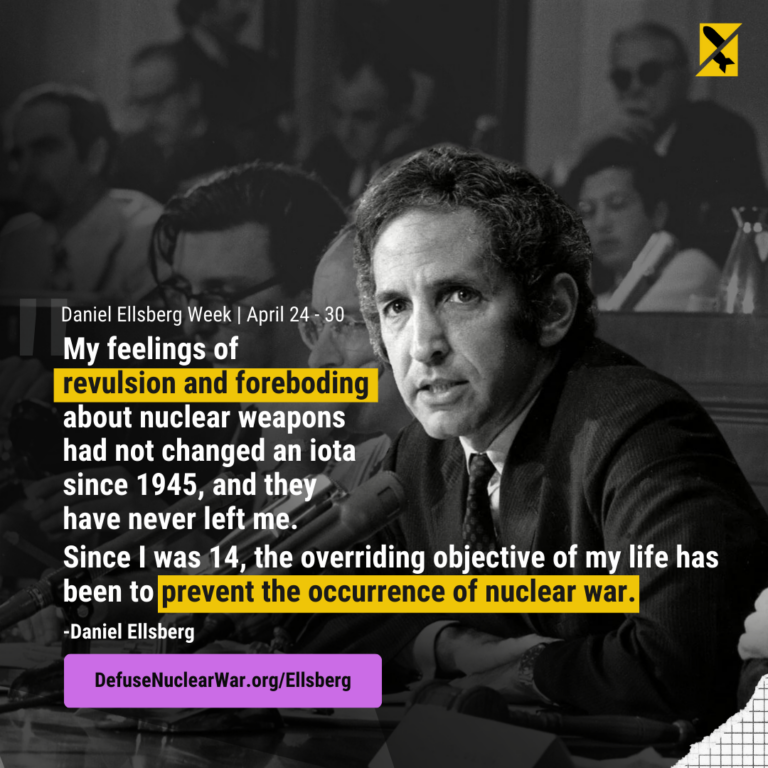
Judith Erlich, who co-directed and produced the Oscar-nominated, Peabody Award-winning documentary, “The Most Dangerous Man in America, Daniel Ellsberg and the Pentagon Papers,” wrote yesterday in InDepthNews:
Ellsberg has been hauled off to jail for civil disobedience against war over 80 times. Here he offers chilling clarity about “the nuclear war planners, of which I was one, who have written plans to kill billions of people,” calling it “a conspiracy to commit omnicide, near omnicide, the death of everyone.” He asks us, “Can humanity survive the nuclear era? We don’t know. I choose to act as if we have a chance.”
This quote is from one of several eye-opening podcasts being released this week (which I directed in partnership with the RootsAction Education Fund), enabling people to hear Ellsberg directly. In these half dozen two-to-three-minute animated musings, Daniel Ellsberg offers up a succinct analysis of the calamity posed by nuclear weapons and a possible way to reduce their risk. You can watch and listen here.
When Daniel Ellsberg leaked the Pentagon Papers in 1971, Henry Kissinger (then President Nixon’s national security advisor) called him “the most dangerous man in America.”
Find out more about events taking place this week at Defund Nuclear War, a joint endeavor of RootsAction.org and the Roots Action Education Fund.
Your support matters…Independent journalism is under threat and overshadowed by heavily funded mainstream media.
You can help level the playing field. Become a member.
Your tax-deductible contribution keeps us digging beneath the headlines to give you thought-provoking, investigative reporting and analysis that unearths what's really happening- without compromise.
Give today to support our courageous, independent journalists.

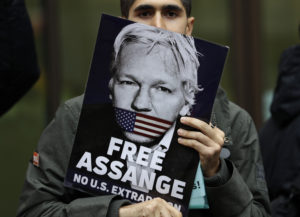
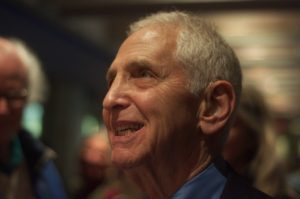
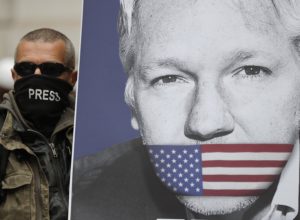
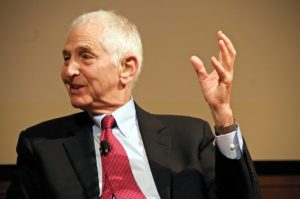
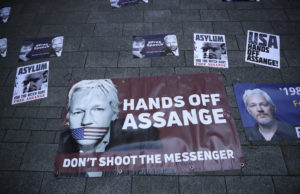
You need to be a supporter to comment.
There are currently no responses to this article.
Be the first to respond.